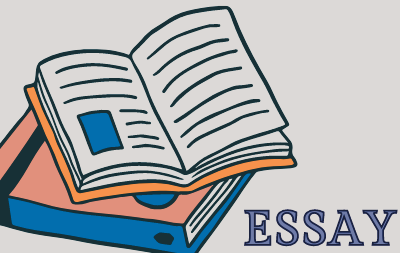At the eleventh hour I bring you some suggested weekend reading related to and around this week’s Oppenheimer themed newsletter. Also a couple of recommendations to take with you beyond the weekend too. Blame the delay on a lost kitten now happily homed and named Max!
Today’s poem comes from American poet Hildegarde Flanner and is right on point:
The Letters of Robert Oppenheimer: Postscript To forget Him! To forget all of him! To forget the beautiful skull where genius shuddered! Suffer him to sink into the white sand Where his mind pierced the stones and the stones Marvelled. Consider the stones, they fell in two And the heavens were speechless. Take alarm. Did he pray – God do not make your own God Of me? The Almighty cleft him Clairvoyant in a desert of peril And he rose to meet the world’s oncoming princes Riders riding on many wheels, and rose To smash the pure monolith of the Creator, And the desert fled, matter fled away. The century split, East fled West, And the planet sickened. Therefore the cities were demolished. Therefore the people broke in to fire. No need to proclaim who did it. There were Others. On him the rage of glory falls. On him the magnificent O. Forget him. On the breast of good he came upon evil, And the two faces faced and hated. Forget him again. He was never at peace. There he goes, goes with his two fatal ones Linked and torn, by furies torn and linked. Do not touch him as he passes. He is immortal, he is poison. Down the longest labyrinth let him go, Now the doors are all locked, locks locking locks. Hildegarde Flanner
It seemed apt to offer a story by Hermann Hesse whose image of the whole of Western Europe hurtling towards the abyss coloured the closing section of T. S. Eliot’s The Wasteland. A slightly mysterious story about magic. Or is it?
Within and Without by Hermann Hesse
The link is to Scribd. I was able to read the story online without uploading a document or signing in. Hope you can access it too!
The last word here goes to Einstein as it does in Oppenheimer. Here too we see the truth of his vision.
The World As I See It by Albert Einstein
Take a minute to share your response to these works and feel free to suggest others.
Before I go two other recommendations: one, a harrowing and very beautiful short novel by Japanese writer, Shizuko Go, about living through the atomic bombing in Nagasaki. The novel is entitled Requiem. A powerful account from the point of view of a young girl.
The second recommendation links back to a recent What’s the Story? newsletter Whither the Travel Writer? For any of you embarking on a trip in the future here is some sound advice from experienced travel writer, Chris Deliso whose Substack newsletter The Traveller’s Literary Supplicant is a trove of travel writing and literary anecdote.
The Value of Travel for Creative Writers
Have a great weekend!






Thanks Catherine for this encouraging endorsement. So true about figures like Einstein of whom we often see only one side. His views deserve to be more widely known.
I chanced on the poem in an anthology and couldn't believe my luck. It's so good and so apt. I'm eager now to read more of her work.
Do spread the word about What's the Story?!
The poem is a little like a puzzle to be unlocked . . . Interesting about the scientists' conscience. It must be quite scary to realise that your discovery can be used to unleash destructive forces.